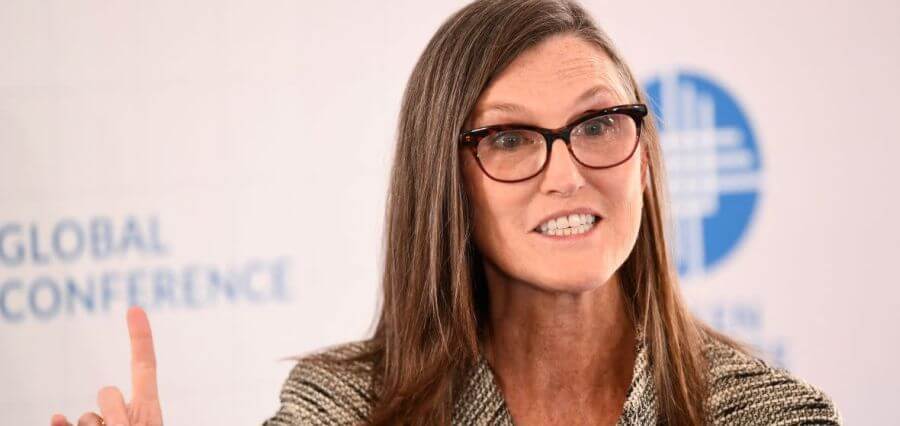Prior to the firm’s annual meeting next month, a group of Nestlé shareholders filed a resolution requesting that the largest food corporation in the world lessen its reliance on unhealthy products and claiming that the company’s recently adopted health target is insufficient. Citing regulatory and reputational risks as well as growing public health concerns, institutional investors, who together manage $1.68 trillion in assets, have asked the company that makes KitKats and Quality Street to set an internationally recognized target to reduce the percentage of sales from unhealthy goods.
“As Nestlé has consistently failed to set out how it will shift the balance of its sales towards healthier food options, concerned investors have been left with no option but to bring forward a resolution at the company’s AGM in April,” said ShareAction chief executive Catherine Howarth, the responsible investment non-profit that is coordinating the call. Last year Nestlé announced new health targets, pledging to increase sales of “more nutritious” products by 2030 by 50 per cent.
However, the shareholders want Nestlé to boost the percentage of all sales of healthy foods, which would cause a shift away from sales of unhealthy goods. They went on to say that the sales goal would not lower the sale of unhealthy products because it was in accordance with the company’s overall growth ambitions.
The company’s aim, they continued, includes items from its specialized nutrition portfolio, which includes items like infant food, and items with little nutritional value, like coffee, indicating that “Nestlé could achieve its health target simply by selling more coffee.”
“They’ve included specialised nutrition in their target and that’s a problem for us,” said Maria Larsson Ortino, senior global ESG manager at Legal & General Investment Management. “They are playing around a bit in the grey area.” LGIM and other shareholders, including Candriam and asset manager La Francaise, are urging the company to implement internationally accepted standards, “rather than deviating from credible guidelines”.
Nestlé employs the widely used Health Star Rating (HSR), which was established by the Australian government and is utilized by the Access to Nutrition Initiative (ATNI), which sets a standard for health disclosures made by the food and drink industry. The HSR is also utilized for front-of-pack labeling in certain other countries. In its 2023 annual report, Nestlé disclosed that 38% of net sales—apart from goods like vitamins, pet food, baby food, and medical nutrition—were classified as “healthy” under the HSR system, with a rating of greater than 3.5.
This represents an increase from 37% in 2022. The obvious connection between poor diets and long-term health issues like obesity and heart disease prompted investors, organized by ShareAction, to start putting pressure on food corporations like Nestlé, Unilever, and Kraft Heinz to strengthen the quality of their portfolios.





